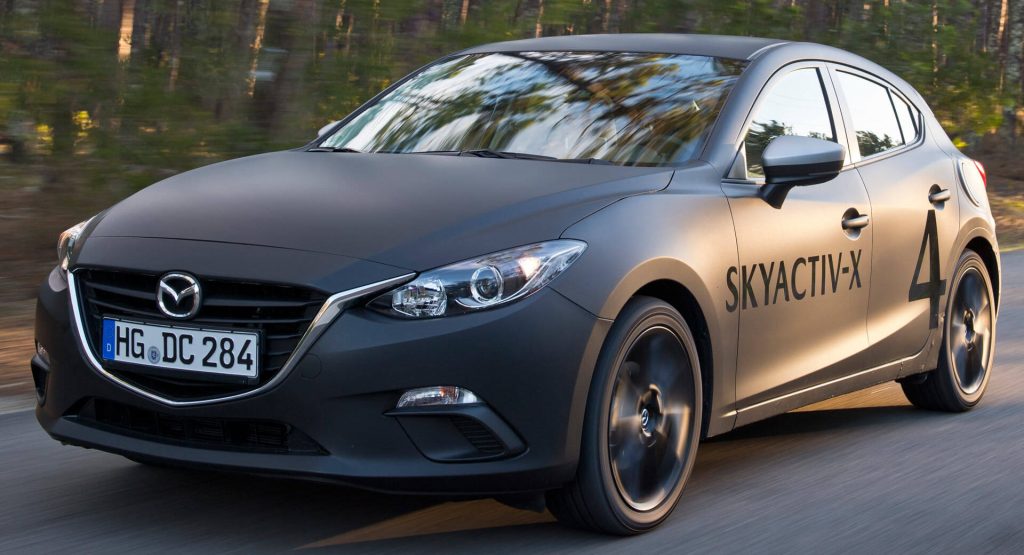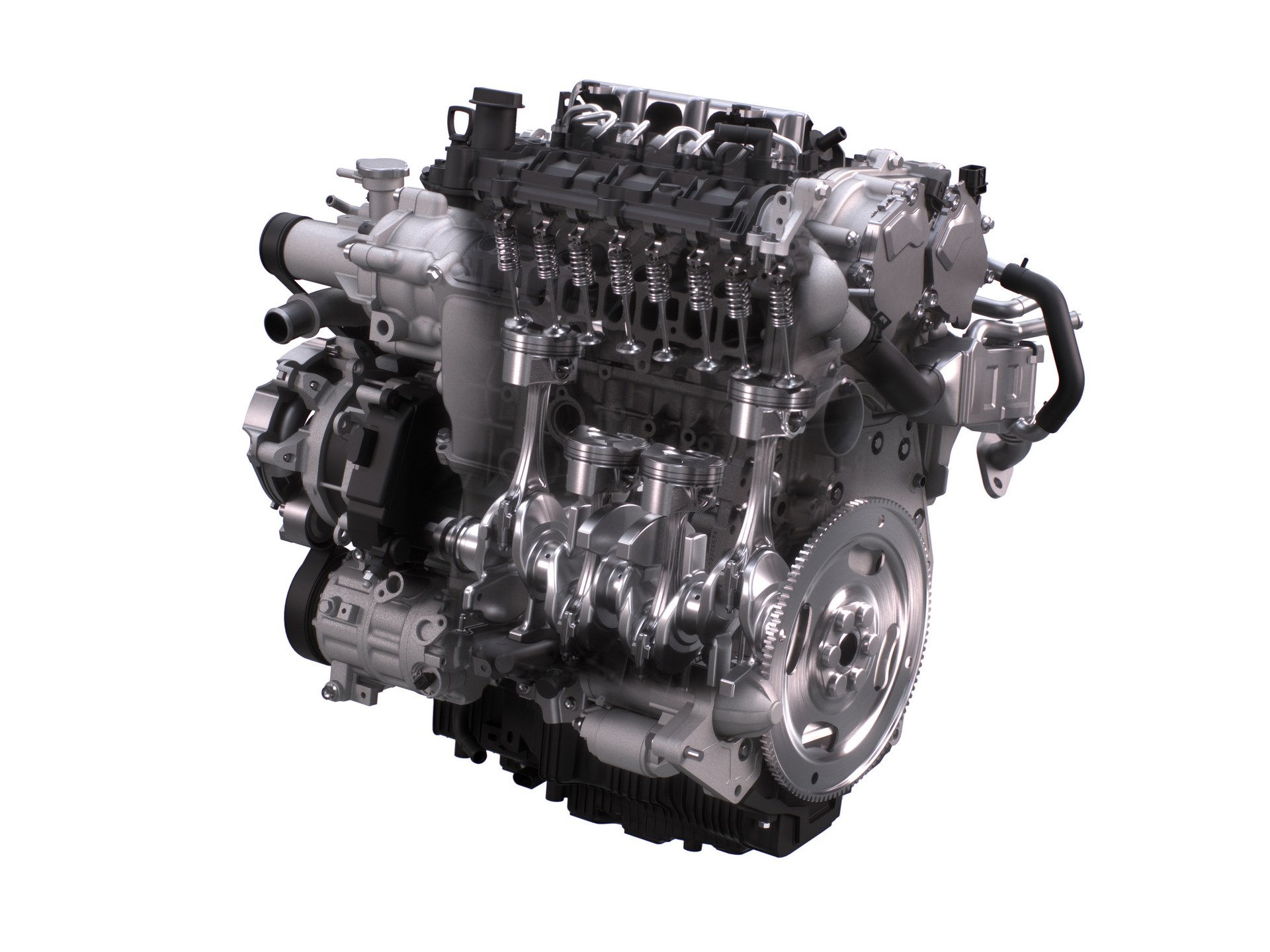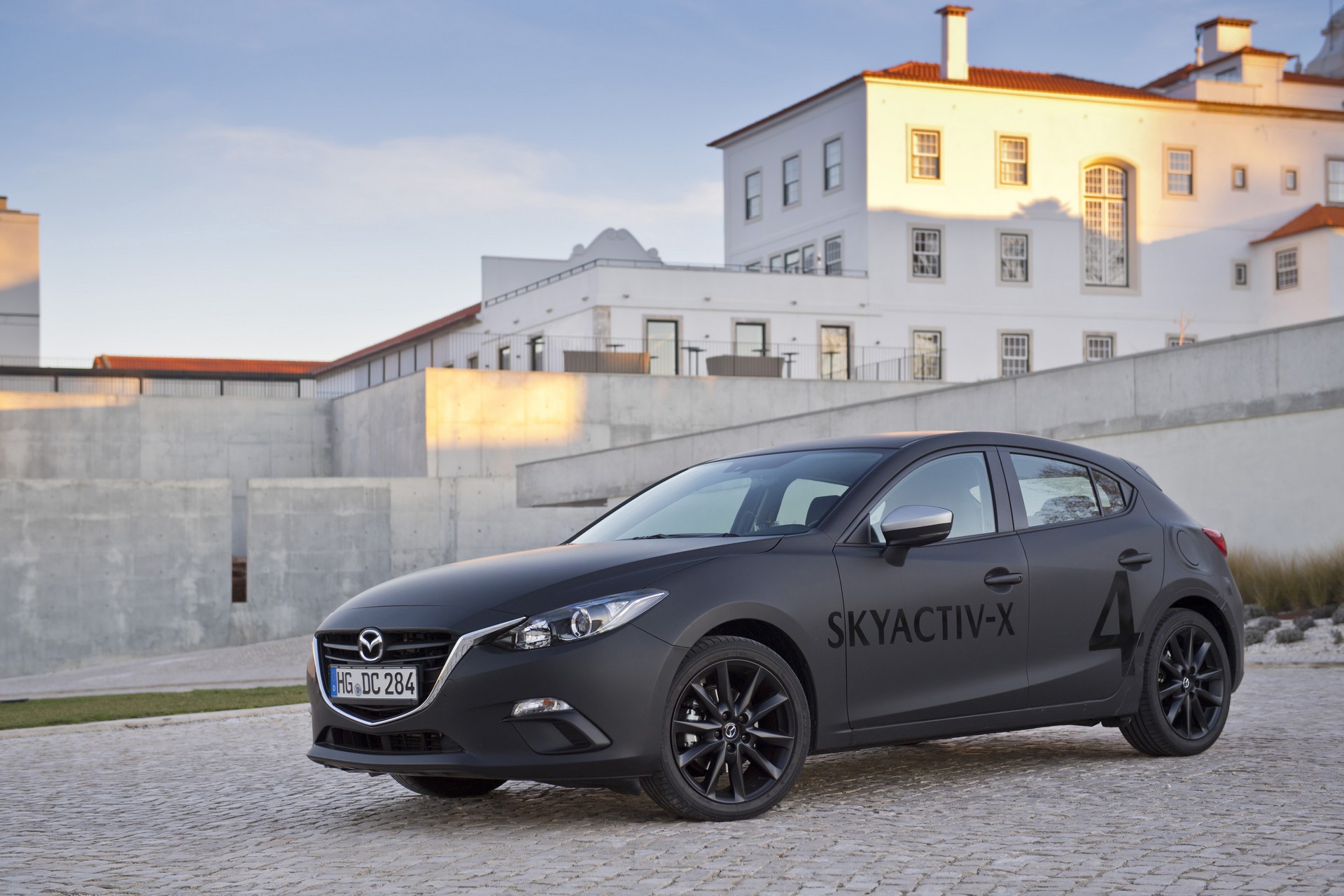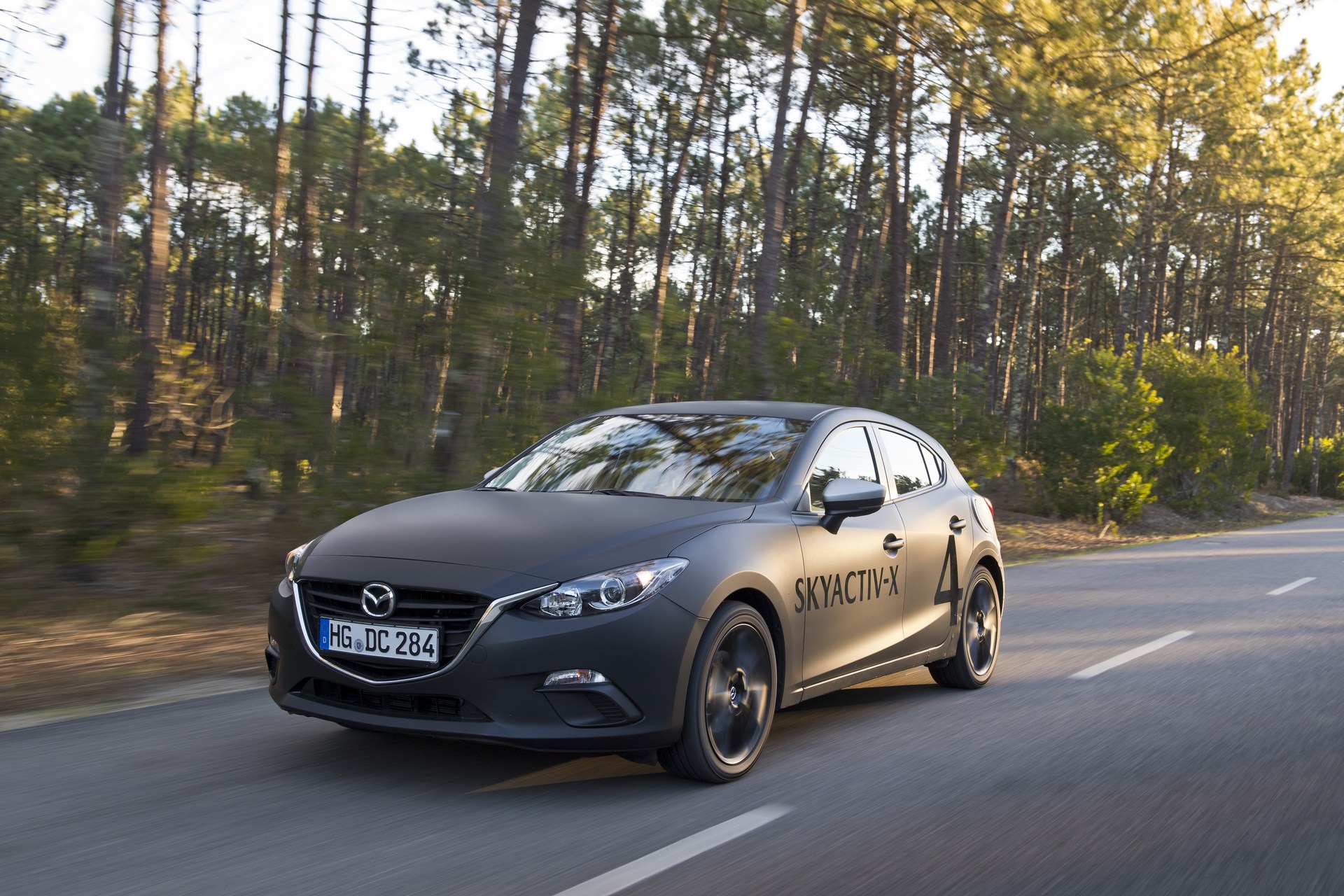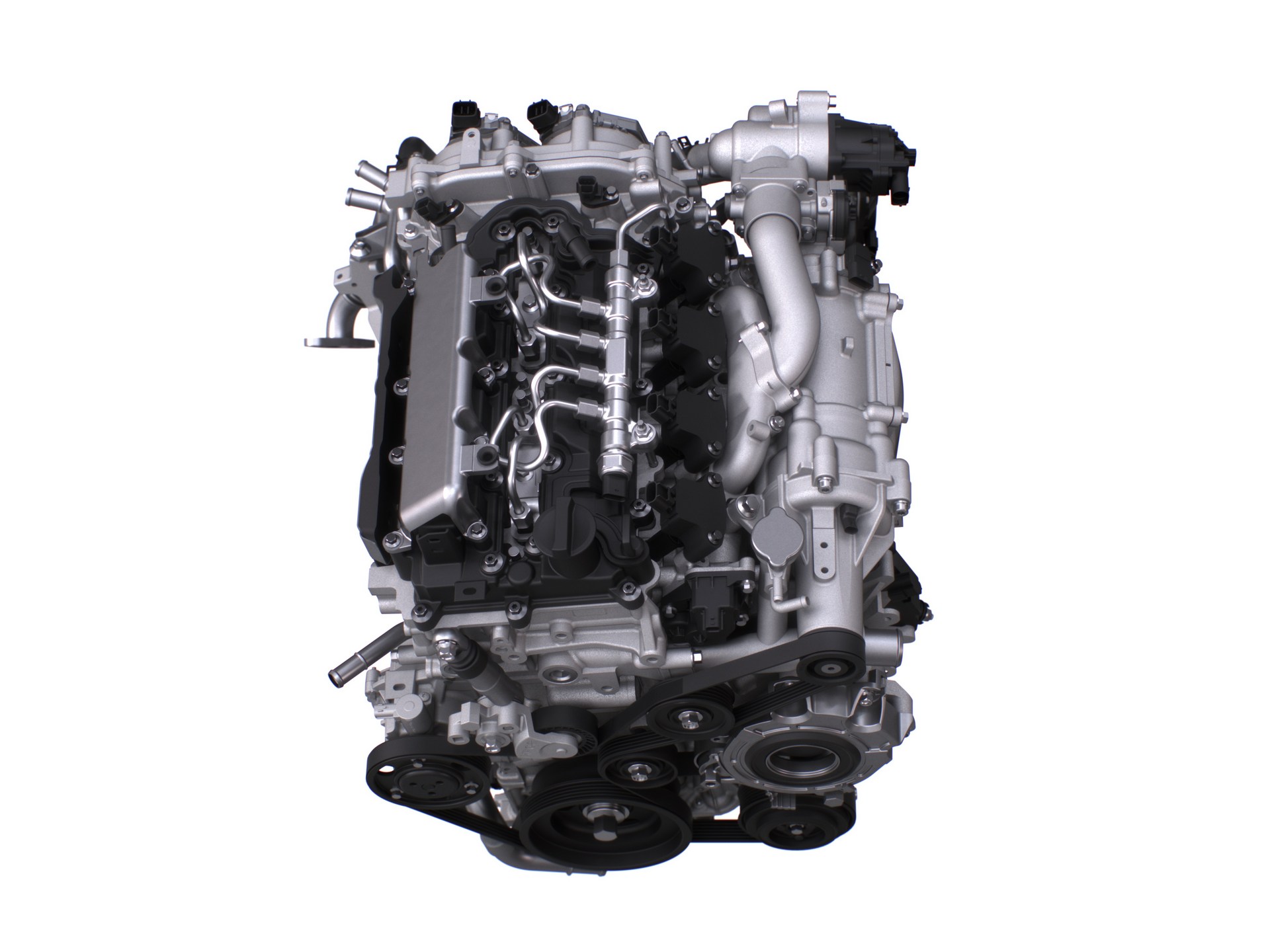Mazda is gearing up to launch its SkyActiv-X engine next year and the company says its spark controlled compression ignition technology could make it more eco-friendly than electric vehicles.
While electric vehicles don’t produce any emissions, they run on electricity which is often generated by fossil fuels. As a result, Mazda says “electric powertrains do not currently satisfy … society’s wish for a drastic reduction in greenhouse gas emissions.” Because of this, the company is focusing on improving the efficiency of internal combustion engines.
Despite sounding like an excuse for being late to the EV game, Mazda says two thirds of global electricity production currently relies on fossil fuels. The company also said its “disingenuous” to say electric vehicles have zero emissions as it doesn’t account for the pollutants which are created while generating electricity for the vehicle.
Mazda believes a more realistic measurement would be the Well-to-Wheel method which takes into consideration “fuel extraction, manufacturing and shipping.” This is significantly more involved than the current Tank-to-Wheel method which only factors in the emissions that are produced when a vehicle is being driven.
According to Mazda’s calculations, a mid-sized electric car requires 20 kWh of electricity per 100 km (62 miles) and the coal required to produce that much electricity would mean the car has emissions of 200 g/km. The company says this is significantly worse than vehicles powered by gasoline (156 g/km) or liquefied petroleum gas (100 g/km).
Mazda goes on to say using Well-to-Wheel calculations show electric vehicles have an average emissions rating of 128 g/km – depending on how the electricity is generated. SkyActiv-G models with “comparable power” would have emissions of 142 g/km but the company notes the engine has less CO2 emissions than EVs if their electricity is generated by coal or petroleum.
Electric vehicles powered by electricity created from liquefied petroleum gas are significantly cleaner but Mazda believes its upcoming SkyActiv-X engine will be able to match their Well-to-Wheel emissions.
While Mazda has high hopes for the SkyActiv-X engine, it isn’t avoiding electrification altogether. The company plans to introduce an electric vehicle and mild hybrid technology in 2019. Six years later, in 2025, the company will offer a plug-in hybrid.




